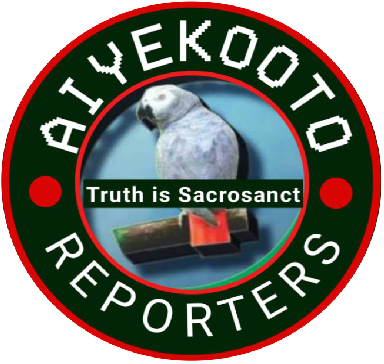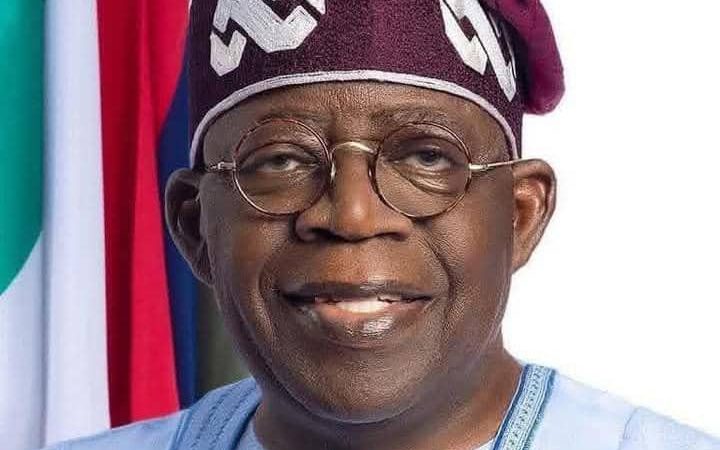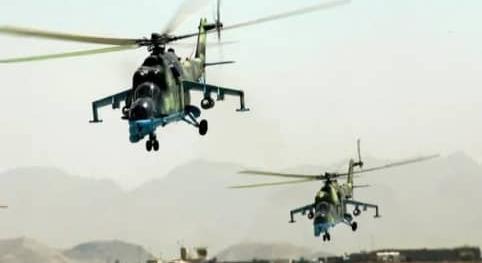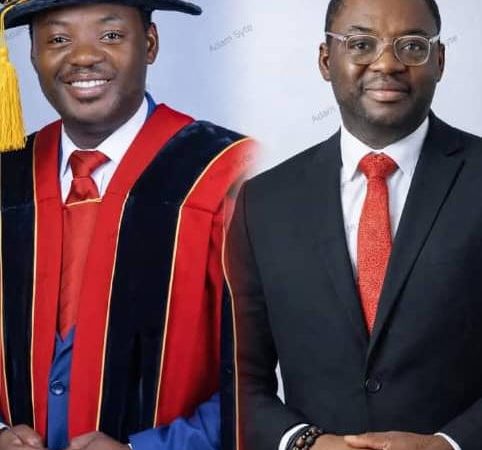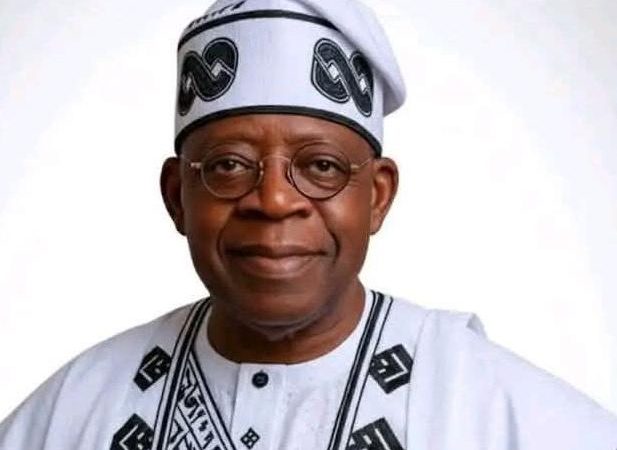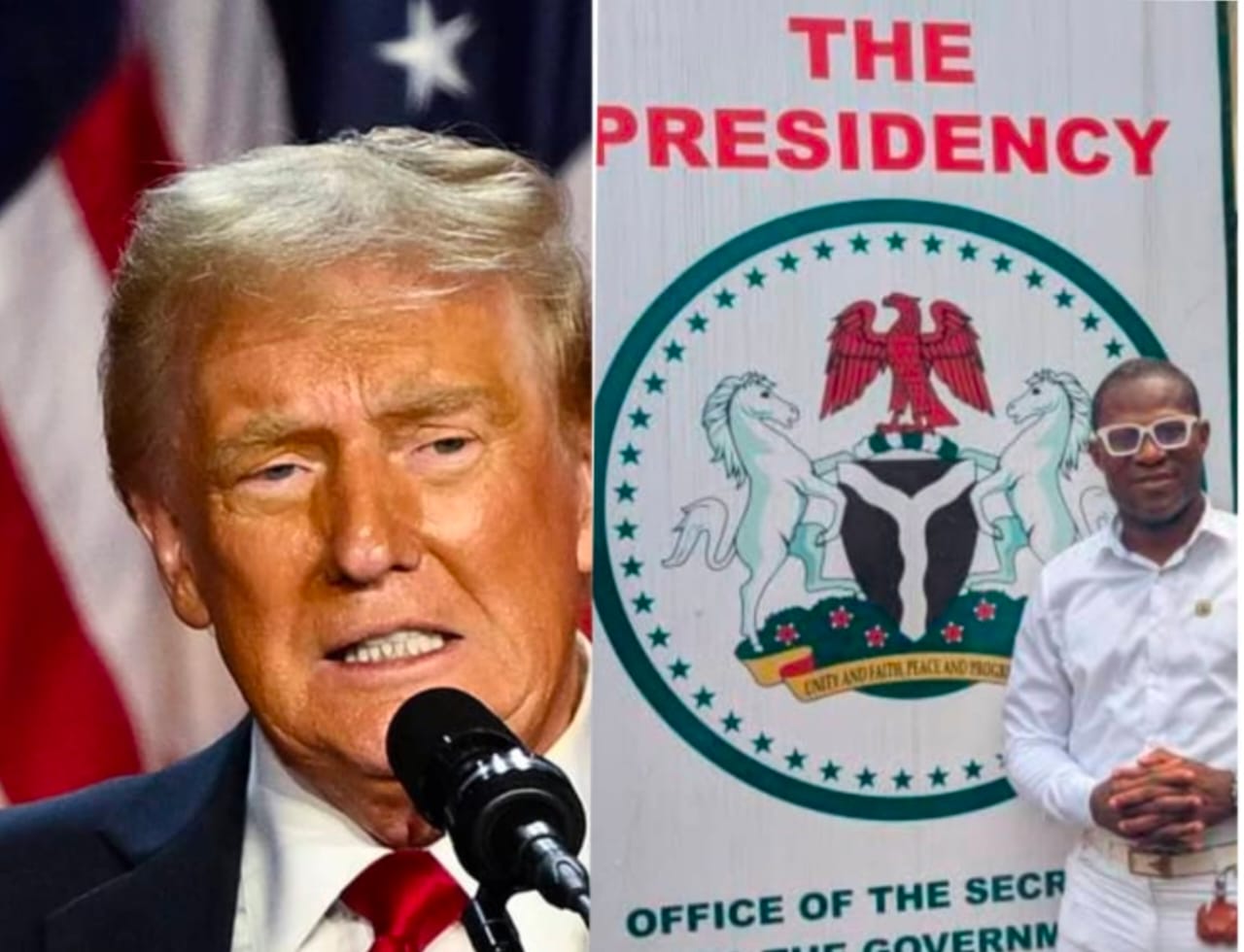Rising Christian Deaths in Nigeria: Trump’s Warning Sparks International Attentions
Momentous Magazine Editorial Desk
Nigeria is once again at the centre of global concern as a surge of violent attacks targets Christian communities across the country. The killings, spreading through parts of the Middle Belt and Northern Nigeria, have sparked outrage worldwide — and drawn a stern warning from U.S. President Donald Trump to the Nigerian government.
The Renewed Wave of Violence
In recent months, several villages in states such as Benue, Plateau, and Adamawa have come under attack by armed groups identified as bandits and extremist elements linked to Boko Haram and other insurgent networks. Dozens have been killed, churches and homes burned, and entire communities displaced.
In one recent attack, gunmen invaded Wagga Mongoro village in Adamawa State, killing four Christians and setting a church building ablaze. Human rights groups warn that the violence has become disturbingly routine. While both Christians and Muslims have suffered in these conflicts, observers note that Christians appear disproportionately targeted in certain regions.
Security analysts emphasise that Nigeria’s crisis is a complex mix of religion, ethnicity, and economics. What often begins as a clash between herders and farmers over land and resources can quickly spiral into broader sectarian violence.
Trump’s Strong Words
Speaking from Washington, President Donald Trump issued one of his strongest foreign policy statements yet regarding Nigeria. He condemned what he described as the “slaughter of Christians” in Africa’s most populous nation and warned that the United States could take “severe action” if the killings are not halted.
“If Nigeria continues to allow the killing of Christians, we may very well go in — guns blazing if we have to,” Trump declared, signalling a possible shift toward direct intervention or sanctions.
His statement immediately sparked global debate. Supporters praised him for highlighting an issue often underreported internationally, while critics warned that such rhetoric could inflame an already fragile situation in Nigeria.
Tinubu’s Response
Responding to Trump’s comments, Nigerian President Bola Ahmed Tinubu rejected claims that his government has failed to protect Christians. He reaffirmed his administration’s commitment to religious freedom and national unity.
“Nigeria is a nation built on diversity — in faith, in culture, and in people. Our government will never tolerate attacks against any group based on religion,” Tinubu said through his spokesperson.
The presidency further noted that security agencies have intensified operations in conflict-prone areas and made several arrests in recent months. However, many Nigerians remain skeptical, citing a long history of delayed justice, weak prosecutions, and inadequate security presence in rural communities.
A Growing International Concern
The renewed U.S. warning carries significant diplomatic weight. In 2020, Nigeria was designated a “Country of Particular Concern” under U.S. religious freedom laws but was later removed from the list in 2021. Trump’s latest remarks could revive that designation, potentially affecting U.S. aid, trade relations, and military cooperation with Nigeria.
Religious organisations, including the Christian Association of Nigeria (CAN) and various diaspora groups, have welcomed international attention but urged caution. CAN called for calm and dialogue, stressing that while global pressure may help, the ultimate responsibility for peace lies with Nigerian authorities.
Beyond Religion — A Call for Accountability
While many international observers describe the ongoing violence as religious persecution, experts warn that the underlying causes are broader — rooted in resource scarcity, poverty, and the failure of law enforcement. Without addressing these systemic issues, Nigeria risks perpetuating a cycle of violence and mistrust that transcends religion.
Momentous Perspective
As Nigeria grapples with the challenge of balancing faith, freedom, and security, this moment serves as a defining test for the Tinubu administration. The world is watching how Nigeria responds — not just to external pressure, but to the cries of its own people.
What Nigeria needs now is more than statements of condemnation. It needs decisive action: stronger community security, swift justice for victims, and genuine dialogue among religious and ethnic groups.
The tragedy of one community must never become the political tool of another. In times like these, Nigeria must prove that its diversity remains its greatest strength — not its downfall.
